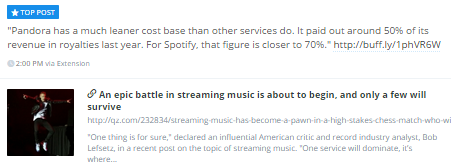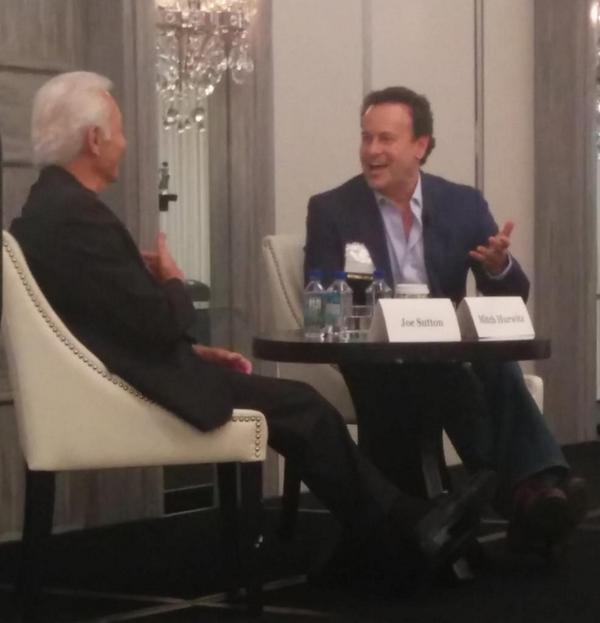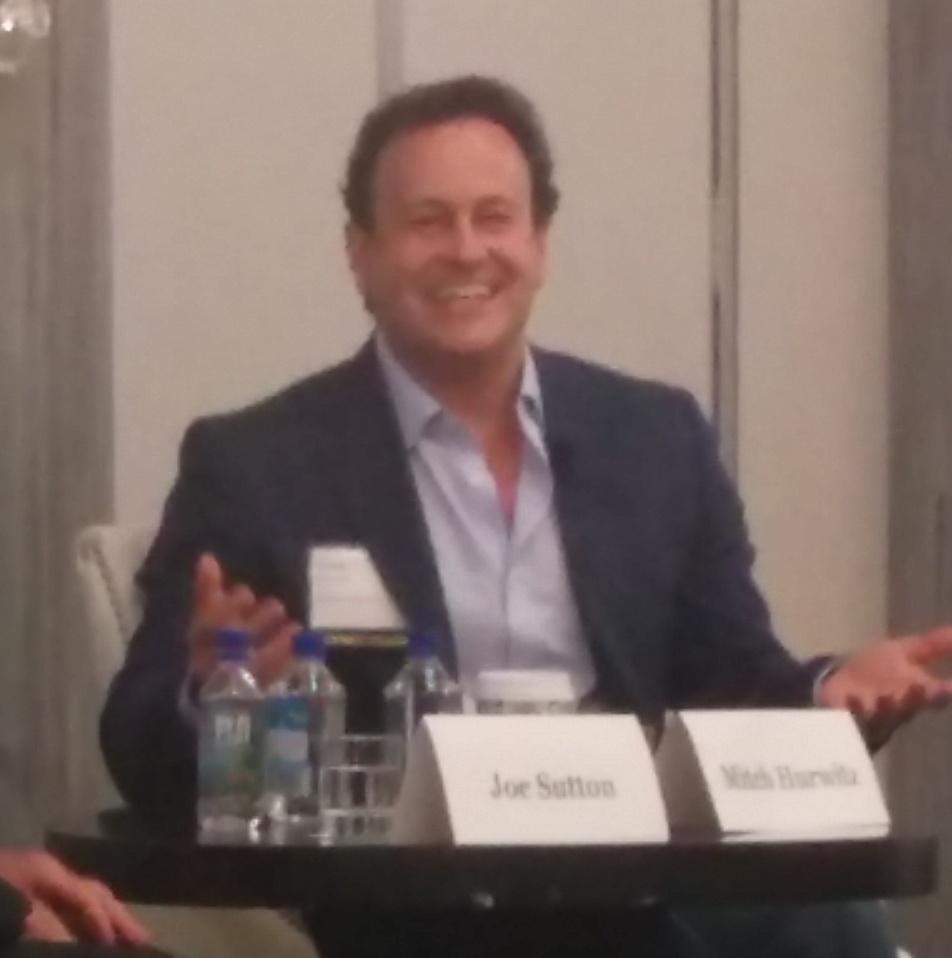@jimmybuffett does ask terrestrial stations to pay royalties; he is part if the @musicFIRST coalition.
9 Spotify tools for hardcore music fans
Why Apple has a good shot at killing the freemium streaming music model @jillkrasny via @Inc
Molly Neuman: From Riot Grrrl Founder to Indie Label Advocate - Digital Music News
Lady Gaga's Parsippany #producer loses $7.3M suit to #songwriter
Taylor Swift's Extreme Measures to Keep "1989" From Leaking via @YouTube
Study from Pandora Touts the 'Pandora Effect' on Music Sales | Billboard #promotionaleffect
Don Henley: Record Companies 'Not Going to Roll Over' on Copyright Issue | Rolling Stone
RT @musicregistry: The Million Dollar Record Label Theft, & How It Came Crashing Down
Fortune: Pandora's plans for growth
An #iTunes #contract

# # #
For more music news, follow me @Auditrix. For interactive games and other IP royalty, business and litigation news, you should follow me @RoyaltyExpert.
































